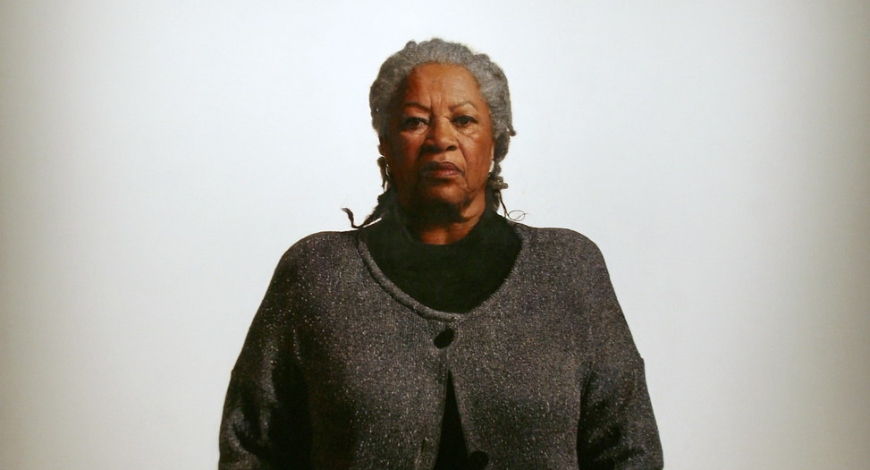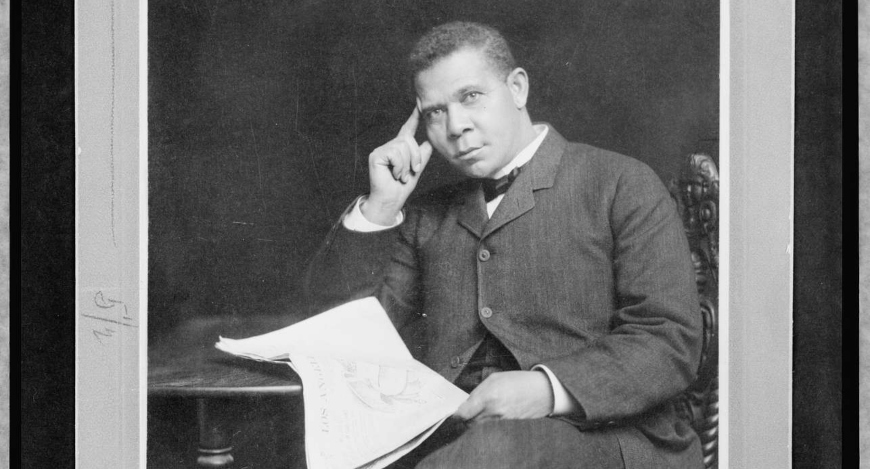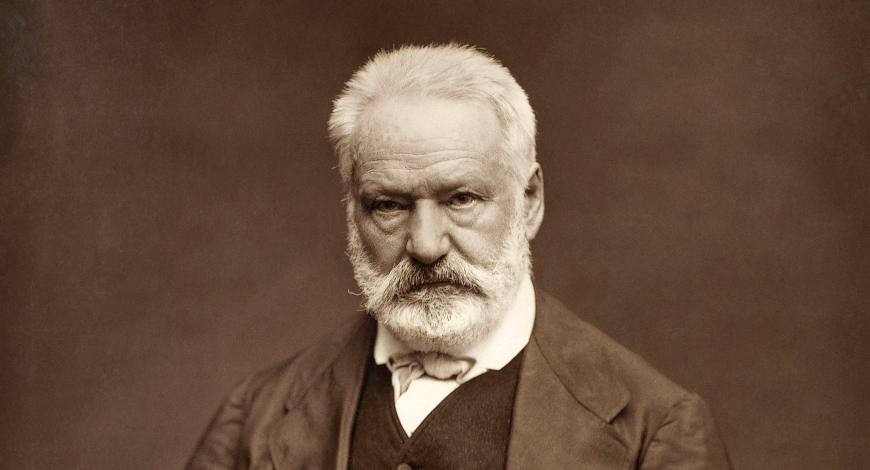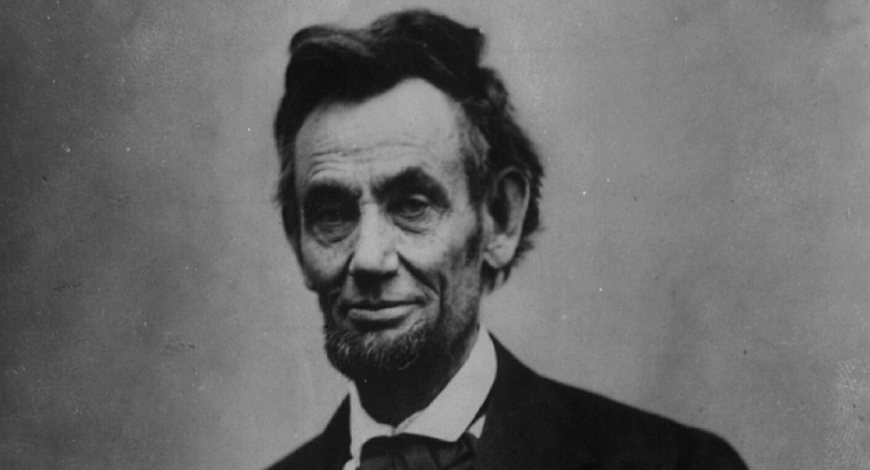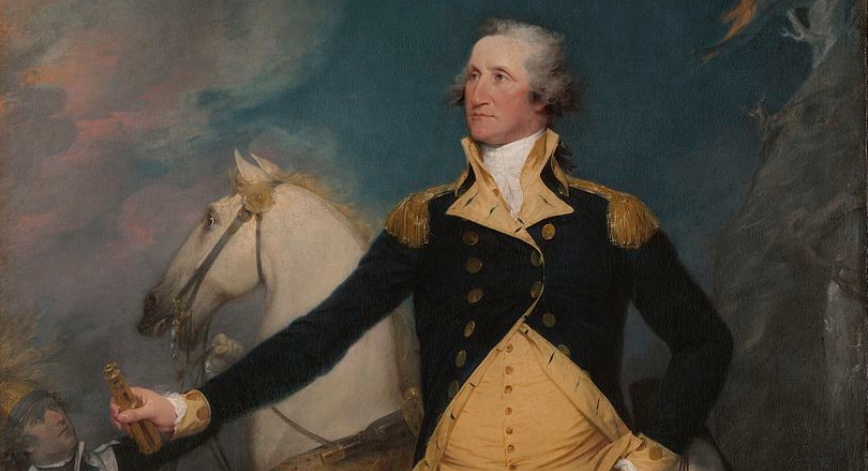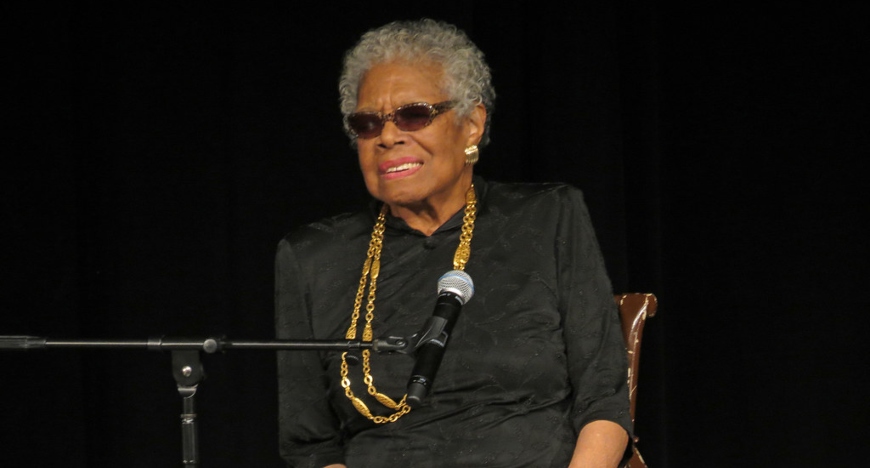I am teaching argumentative writing and I want to focus on the theme of obedience by exploring the pros and cons of following rules even when you disagree with them. Using the Albert Einstein quote, “Never do anything against conscience, …
Students are in the midst of figuring out who they are and how they can influence the world. Some feel helpless because it seems that they were born into a difficult situation or have experienced an unfair share of pain and heartache. Others feel almost superhuman and think they have the power to change anything they want. And for so many others, the truth of one’s power of self-determination is unclear and revealed slowly, over time and experiences.
Students must make decisions in life about how to treat themselves and others. There is a tension here in deciding whose needs should assume greater importance. Sometimes the selfish instinct takes over, other people are shut out and there is a laser-like focus on individual needs. Other times the selfless attitude leads the way. Making wise and balanced decisions about when to serve the self and other people is an important component to living a good life.
Whether at home, in the classroom or in society, everywhere a student goes there are rules. The effectiveness of these rules depends on people’s willingness to obey them. But students like to question the rules, especially when they feel the rules to be unjust or intrude on their happiness in some way. Students must engage in hard intellectual work in deciding when to follow rules and what criteria to use to determine fairness.
Character development is at least as important as the development of academic skills. A strong character fuels self-discipline and self-motivation, both of which breed success in life. But character development sometimes feels like impossible work, especially when a person’s difficult life circumstances get in the way. How a person turns out is often determined by forces out of his/her control.
Students must learn how to solve all kinds of problems. Some problems are academic; others are emotional. Perhaps the hardest problems involve communication and the navigation of complex human relationships. What makes these types of problems even more difficult is that anger often intervenes. Anger is a wild variable that can either diminish or enhance the capacity to find creative solutions.
In Chrysanthemum by Kevin Henkes, the main character loves her unique name until she goes to school, where she is embarrassed and bullied about her 13-letter moniker. Chrysanthemum never stands up for herself; only when a beloved teacher celebrates her beautiful …
Suffering is a fact of life. Sometimes the suffering occurs on an individual level; others times it is shared with others. People react to suffering in very different ways. Some become bitter while others use the suffering as a motivating force to help other people. Suffering causes reflection and sets the framework for our ethical choices around what type of person we want to become.
Students are fed the consistent message that they can achieve anything in life if only they just work hard at it. They are in control of their future. But students are also aware of the fact that much of their future is out of their control and that no matter how hard they try, they will never achieve certain things. These two forces– the internal force of their own desires and the external force of the world acting upon them– conspire to shape their life experiences.
Self-discipline is hard for students. It requires that they shut out distractions, develop routines and exercise impulse control. Authority figures tell students that self-discipline is worth it, that at the end of the day their work will be rewarded. But it doesn’t feel that way sometimes because the pay off is way down the road.
Kids are in the midst of making so many ethical choices about the types of people they should be hanging out with. There is peer pressure to spend time with friends who may make questionable life choices but whose approval is important for a child’s self-esteem. Friendship advice from parents, coaches and other authority figures often go unheard because they conflict with what kids believe inside. Decisions on which company to keep are never easy but they are integral to the healthy moral development of human beings.
Success, students are told, comes from doing well in school, building friendships and finding the right career. The only problem is they aren’t told exactly how to find this success and whether actually loving what they do should even be a consideration. As a result, it’s important for students to develop a self-awareness around what success means to them and how they plan to get it.



